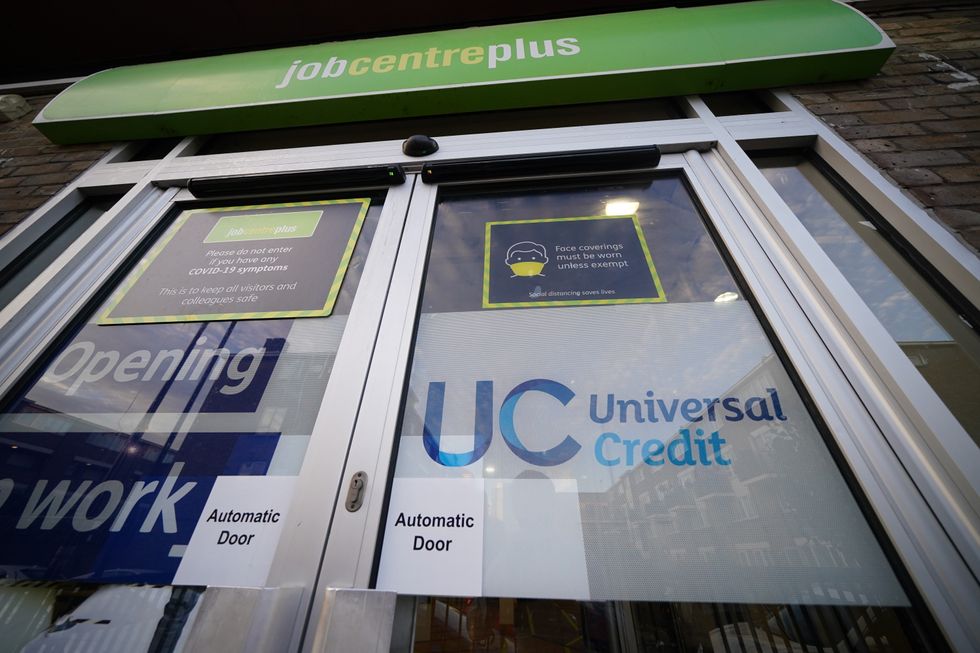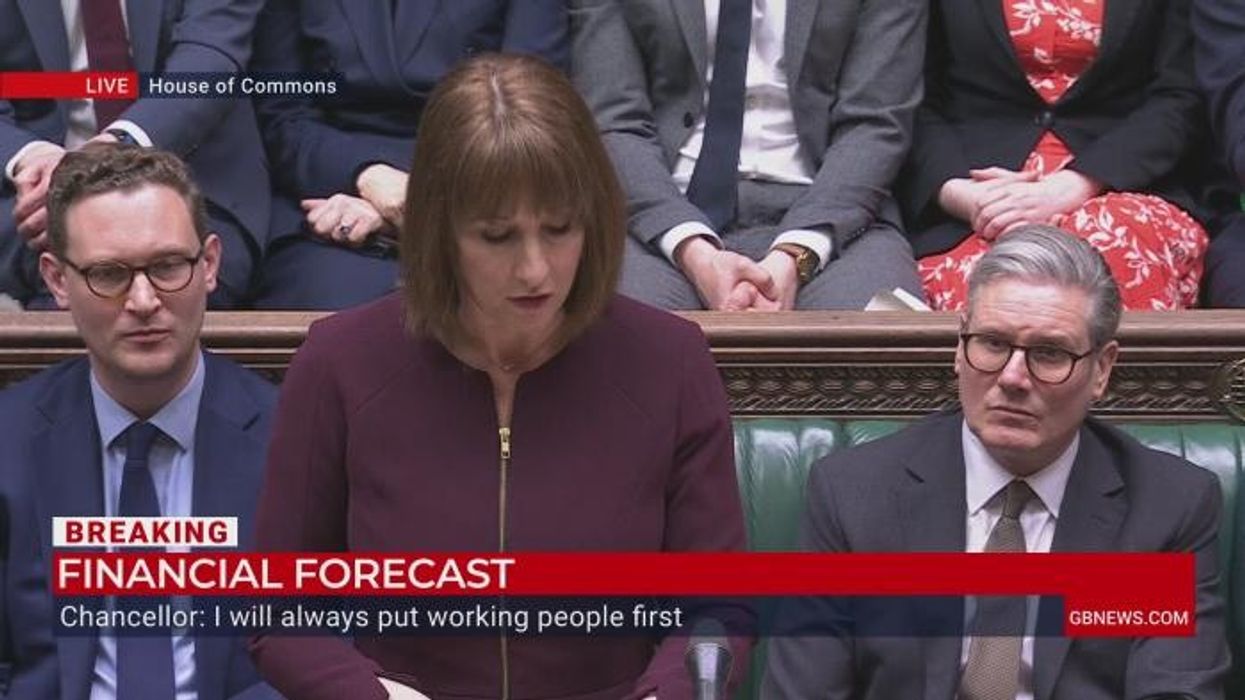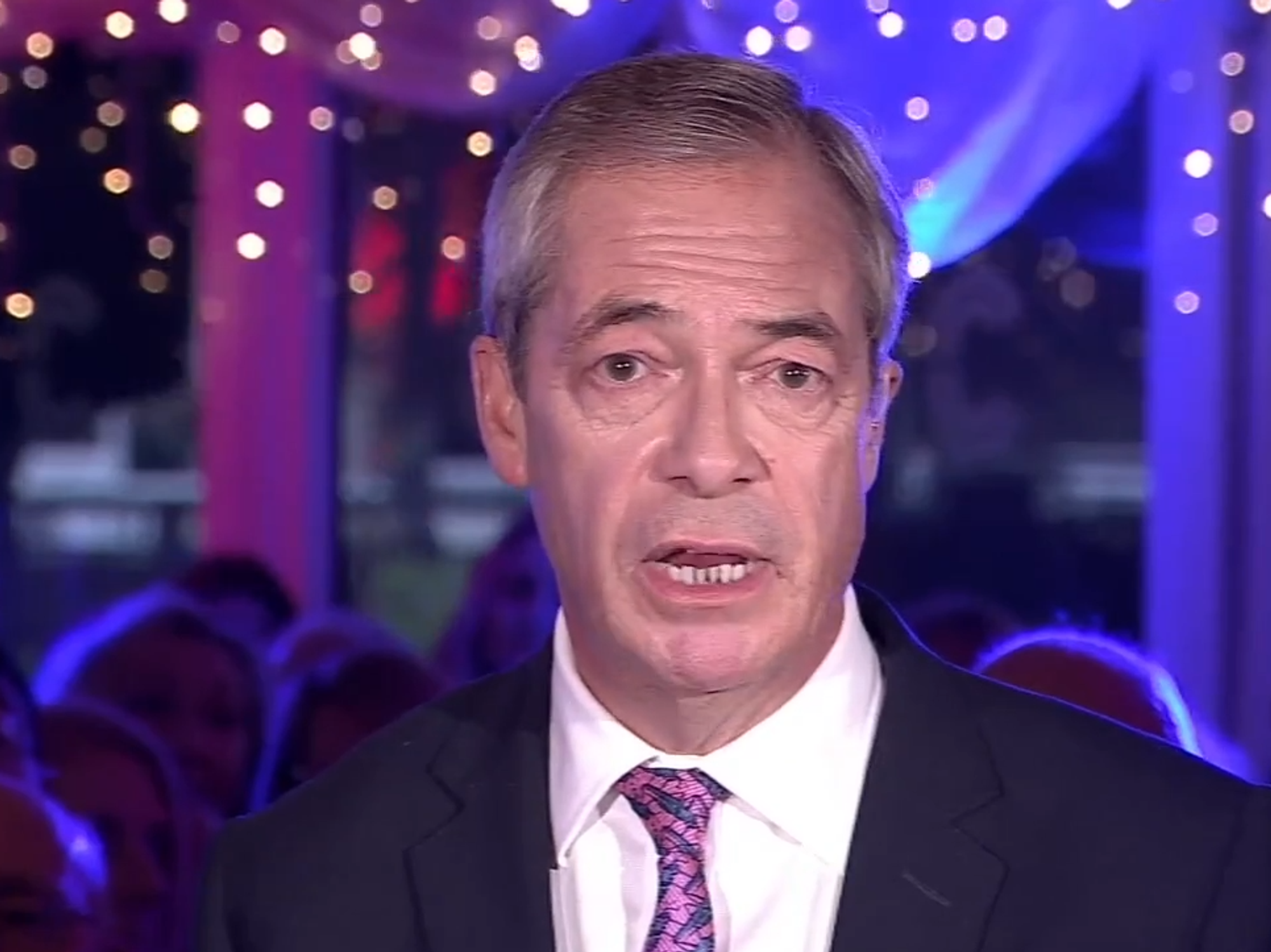Millions on Universal Credit to receive £420 boost in major DWP shake-up

The Fair Repayment Rate was first introduced by the Chancellor at the Autumn Budget
Don't Miss
Most Read
Latest
Millions of struggling households are set to see more money in their pockets from today, as a major benefits change comes into force.
The move is expected to deliver a financial boost worth hundreds of pounds a year to those who need it most.More than one million Universal Credit claimants will now keep an average of £420 more of their benefits annually, under a reform aimed at easing the burden on those in debt.
Around 1.2 million low-income households will benefit, including 700,000 families with children. The new rule coming into force today will ease pressure on millions of low-income households repaying debt through the benefits system.
The Fair Repayment Rate lowers the cap on Universal Credit deductions from 25 per cent to 15 per cent, limiting how much can be taken from payments each month to repay debts.
The change is aimed at helping struggling households manage their day-to-day costs while still meeting repayment obligations.
Currently, up to 2.8 million households have deductions taken from their Universal Credit, often leaving them short. The new lower cap is designed to make repayments more sustainable, offering vital breathing room to those hardest hit by the cost-of-living crisis.
 Universal Credit is changing | PA
Universal Credit is changing | PAThe change will affect how much can be taken from a claimant’s Universal Credit each month to repay debts such as benefit overpayments, rent arrears, and utility bills.
Previously, deductions of up to 25 per cent were automatically applied to payments, often without warning, leaving many households struggling to cover basic living costs.
Under the new Fair Repayment Rate, this maximum deduction has been lowered to 15 per cent for most cases, following a court ruling that found the higher rate caused undue hardship.
The reduction means eligible claimants could see an increase of around £35 per month — adding up to as much as £420 a year.
Deductions above the 15 per cent cap will still apply in cases involving fraud or sanctions.
Chancellor Rachel Reeves said: "As announced at the budget, from today, 1.2 million households will keep more of their Universal Credit and will be on average £420 better off a year.
"This is our plan for change delivering, easing the cost of living and putting more money into the pockets of working people."
Work and Pensions Secretary Liz Kendall added: "As part of our Plan for Change, we are taking decisive action to ensure working people keep more of the benefits they're entitled to - which will boost financial security and improve living standards up and down the country."
She continued: "We're delivering meaningful change to ensure everyone has a fair chance, the support they need, and real hope for the future."
LATEST DEVELOPMENTS:
 The DWP is alerting people to how they could benefit from a rule change to the maximum deductions to a claimant's Universal Credit | GETTY
The DWP is alerting people to how they could benefit from a rule change to the maximum deductions to a claimant's Universal Credit | GETTY The Fair Repayment Rate is one of several bold measures within the Government's Plan for Change to kickstart growth and spread prosperity.
The Government has set out the Get Britain Working White Paper, aiming to achieve an 80 per cent employment rate through overhauling Jobcentres and introducing a new jobs and careers service.
A youth guarantee has been launched to ensure every young person is earning or learning. The Household Support Fund has been extended for another year with £742million backing to help councils support low-income households.

The Fair Repayment Rate was first introduced by the Chancellor at the Autumn Budget
| GETTYFree breakfast clubs are being rolled out in all primary schools in England as part of efforts to tackle child poverty.
A dedicated ministerial taskforce is building a strategy to ensure every child has the best start in life.
The change will be applied to all assessment periods that start on or after April 30, 2025. This means recipients will begin seeing the benefits in their upcoming Universal Credit payments.
The Fair Repayment Rate was first introduced by the Chancellor at the Autumn Budget. It forms part of broader government efforts to raise living standards, combat poverty, and tackle the cost-of-living crisis.











